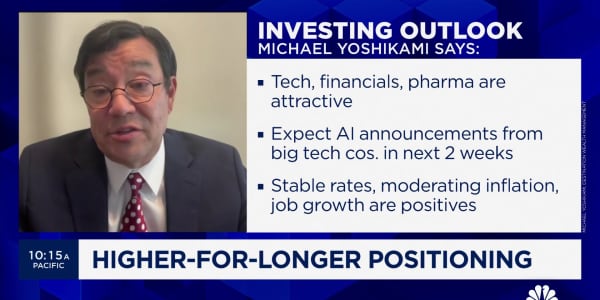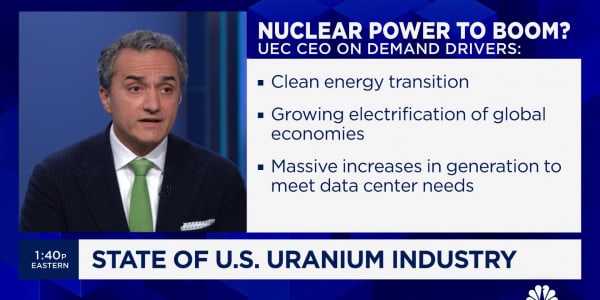Peter Orszag has proposed the latest in a long line of "fixes" for the housing market. Like all the others, this one won't work to fix much of anything — except maybe the profits of some of the biggest banks.
Orszag, who is the vice chairman of global banking for Citigroup and the former director of the Office of Management and Budget for the Obama administration, proposes giving a tax break to those who buy vacant houses and rent them out. The hope is the tax break will create additional demand for housing and shifting supply from the "for sale" market to the rental market, which could spur a quicker recovery for the home prices.
Here's how Orszag's plan would work: Buyers of homes that have been vacant for six months or more would be allowed to immediately depreciate the value of their property for tax purposes, rather than getting the slow-motion benefits of depreciation over 27.5 years.
For the uninitiated, the U.S. tax code has long permitted investors write off a part of the value of real estate on the theory that time is wearing down the building. So in a residential property, you get to deduct a certain percentage of the value of the building each year from the amount you report as income. Orszag's plan would allow that tax savings to be realized immediately.
This seems like a plan aimed at getting Real Estate Investment Trusts to play more heavily in the single-family residential market. Indeed, because of the way REITs report their financials, that immediate tax break would be a huge boon to them. Their funds from operations (FFO), which discounts gains or losses from asset sales and adds back all depreciation, would explode higher.
Michael Shedlock has laid out one problem with this plan: It would prevent home prices from falling all the way down to the level where their is genuine demand. Which means that the housing market would remain under the shadow of the government, with home buyers and investors never sure whether prices can be trusted or if they are in a bubble created by government support.
But Orszag's scheme might be even more perverse than that suggests.
Think about what it would do to mortgage modification negotiations between homeowners and banks who hold their mortgages. A homeowner with an underwater mortgage — you owe more on your mortgage than the value of your home — you might be in a good position to renegotiate the terms of your mortgage. But Orzsag's plan would completely take away the homeowner's leverage. Banks would be incentivized to resist modification, foreclose on the property, hold them vacant for the required six months, then sell them at subsidized prices to investment vehicles.
The subsidy would be of no help at all to the underwater homeowner. It doesn't allow a homeowner to sell his house to an investor at the subsidized price because of the requirement that the house needs to be vacant.
In other words, this would punish homeowners, incentivize banks to foreclose instead of modify, while enriching banks and absentee real estate investors.
No wonder Orszag got tapped to be vice chairman of banking at Citi.
Questions? Comments? Email us at
Follow John on Twitter @ twitter.com/Carney
Follow NetNet on Twitter @ twitter.com/CNBCnetnet
Facebook us @






